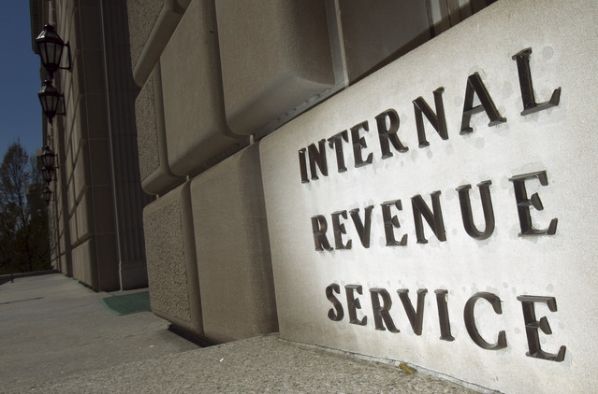The IRS targeting of tea party groups is going to make us all the more wary of a new IRS project: getting nonprofits to hand over the Social Security numbers of their donors. The IRS wants the Social Security numbers of those giving more than $250.
As the Wall Street Journal explains, the program would be "optional:"
While the IRS says the rule is “voluntary,” in government that’s often a prelude to compulsory. The legitimate fear in the nonprofit world, on the right and left, is that this is a first step toward making such donor lists mandatory, and then applying the requirement to every nonprofit—including the conservative social-welfare organizations that the IRS helped to shut down in the 2012 presidential election.
Under current law, nonprofits must report only donors who give more than $5,000 a year, and then only names and addresses. Donors who give less than $5,000 to (c)(3) charities, and who want to claim a tax deduction, must obtain a “receipt” from the charity—to furnish to the IRS if they are audited or examined. This process has been in place for years, and even Treasury and the IRS acknowledge in their new rule that it “works effectively, with the minimal burden on donors and donees.”
So why change it? The IRS is claiming this will aid in more “timely reporting” of tax-deductible donations, and no doubt the agency’s auditors would love more information to harass taxpayers.
But the biggest impact will be to chill donations to politically active nonprofits. Many donors, conservatives in particular, won’t want their Social Security numbers on a list destined for a federal database. All the more so after the IRS targeted conservative groups and singled out conservative donors for audits and other government examinations.
The Wall Street Journal points out that political donors have been singled out for audits when they have criticized Obama administration policies. But the new rule could also chill donations to non-political charities: do you trust the folks at a favorite charity, perhaps one that is staffed primarily by volunteers, to guard your Social Security number?
The Obama administration believes in the overwhelming role of government to deal with social ills and so the possible tamping down of charitable donations might not seem as big a deal to them as it would to those of us who prefer civic institutions. The latest distrust-stirring "request" from the IRS also serves to remind us that a flat or fair tax that didn't require a gigantic, nosey bureaucracy might be a good way to go.


